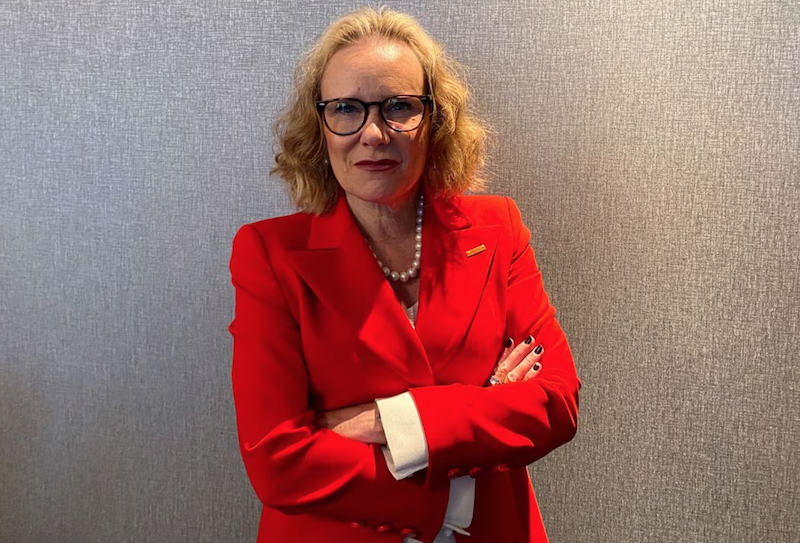Decoupling from China is unfeasible and would have huge economic costs, the CEO of German technology group Merck has warned.
Belen Garijo, the Spanish CEO of the German maker of drugs, lab equipment and semiconductor chemicals, said late on Monday that the dependencies between the powers were huge, speaking at a journalist club event in Frankfurt.
Over the weekend, a Chinese warship crossed in front of a US destroyer in the sensitive Taiwan Strait, raising the prospect of future face-offs. But the two sides on Tuesday described meetings after the incident between senior US and Chinese officials as constructive.
Also on AF: China Quants Banking on AI to Gain Hedge Funds Edge
For months, US and German lawmakers have called for a reduction in trade to cut dependency on China.
“When I hear politicians say we have to decouple, I don’t think this is feasible … it will take 20 years to decouple, and for what?” said Garijo.
“We are risking a global world that has brought wellbeing, more innovation, more collaboration,” she added.
The company’s CFO said last month that Merck would further invest in China and would build domestic supply chains there to curb imports of key raw materials that could be disrupted in any trade row.
CEO Garijo said the company would look closely into “different scenarios on the basis of the potential escalation of the conflict”, but such an escalation was not likely.
German Economy Minister Robert Habeck in March suggested that Berlin could impose export restrictions on China to prevent Germany from losing its technological edge, and the government under Chancellor Olaf Scholz’s is working on a strategy paper on China to be rolled out this year.
- Reuters with additional editing by Sean O’Meara
Read more:
G7 Leaders Seek to ‘De-Risk, Not Decouple’ From China
US Has No Plan to ‘Decouple’ with China, Yellen Says
Germany’s Merck to Build $82m China Semiconductor Plant
























